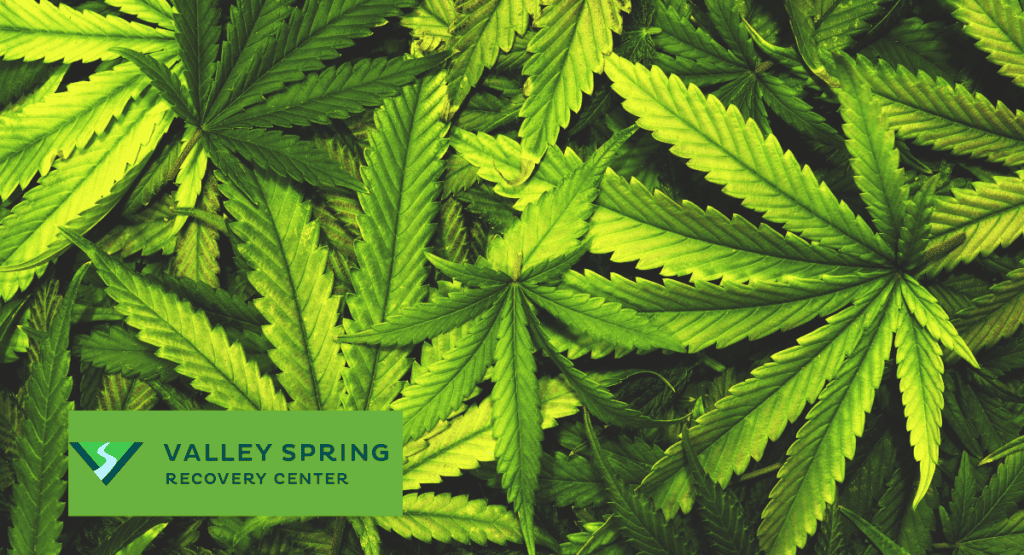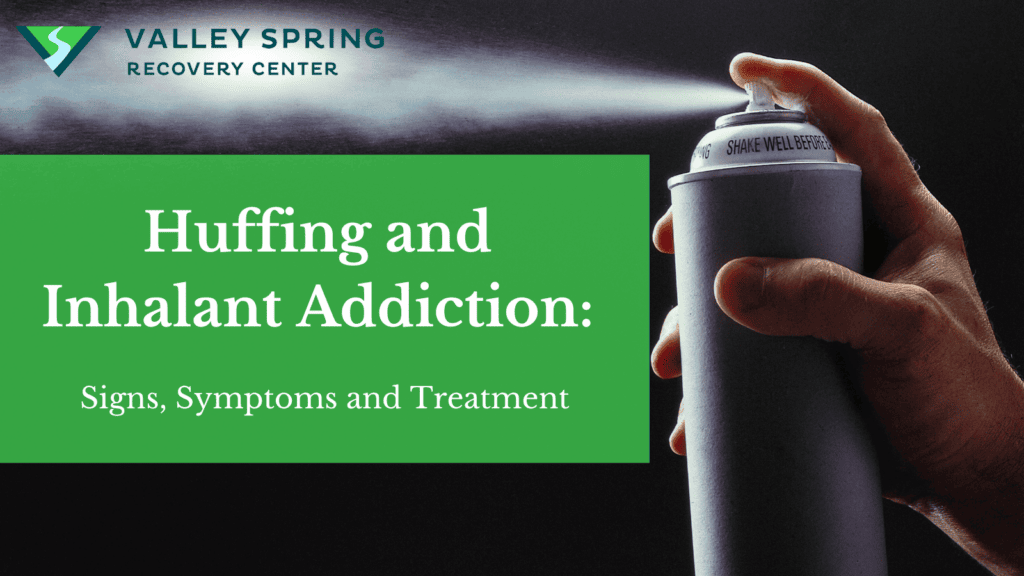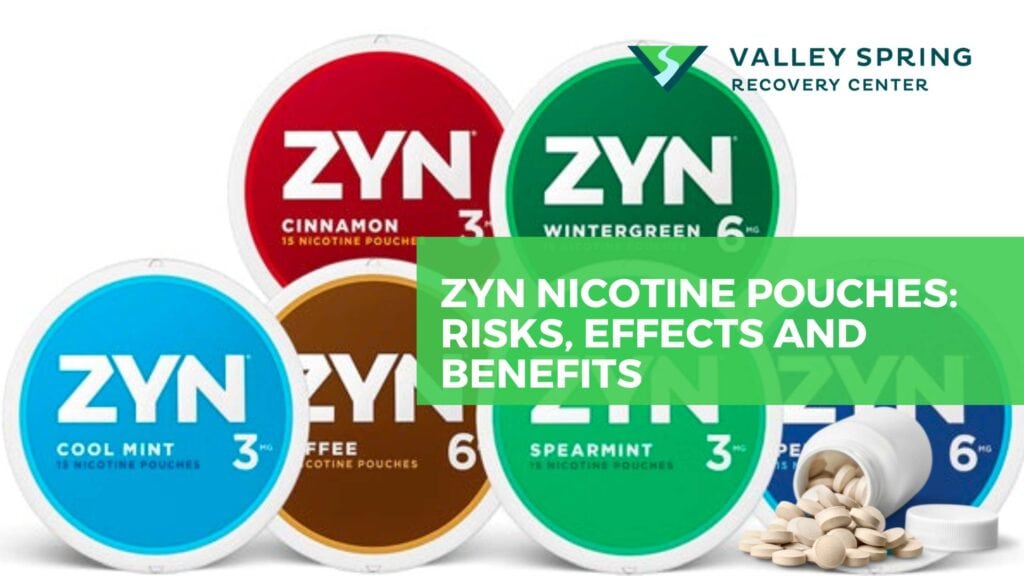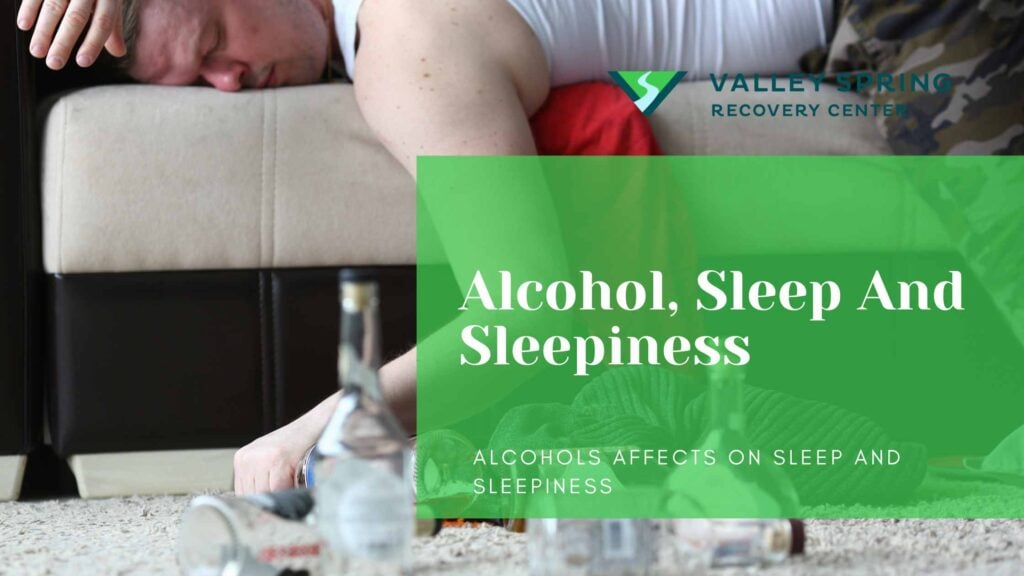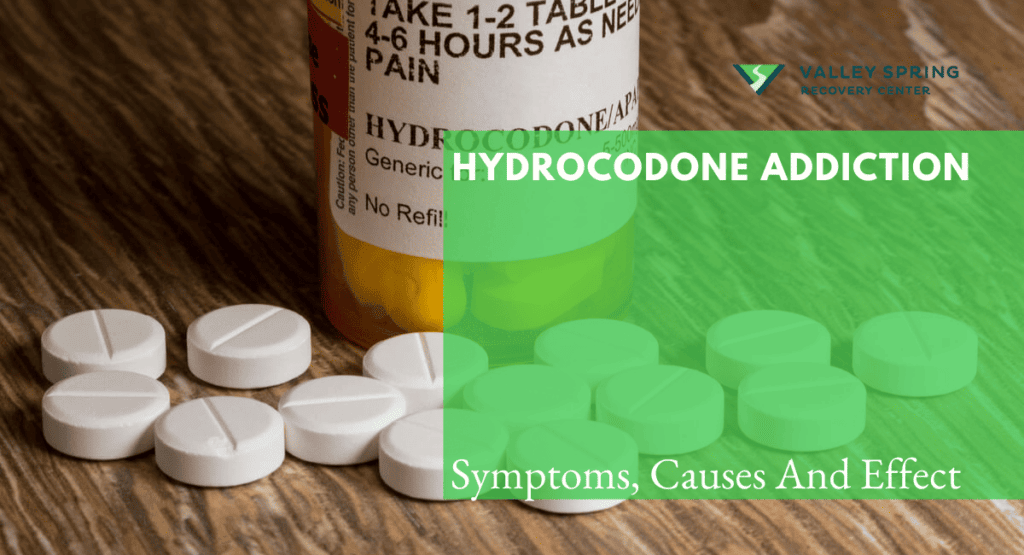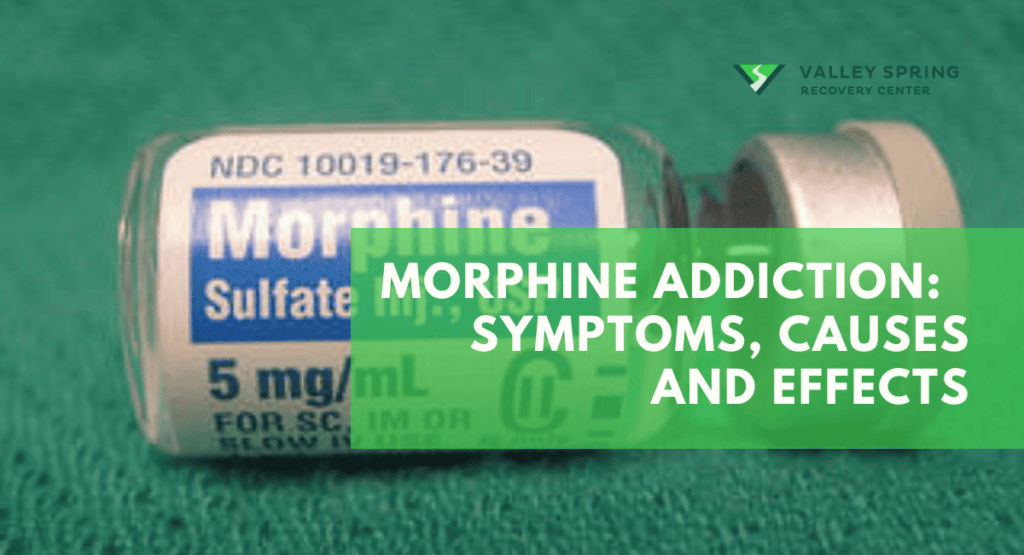Marijuana addiction, although less common than other forms of substance abuse, is a real and impactful condition. According to a report from the National Institute on Drug Abuse, approximately 9% of people who use marijuana will become addicted to it. This addiction affects multiple facets of an individual’s life and has a range of symptoms, causes, and effects.
Symptoms of marijuana addiction include a heightened tolerance to the substance, withdrawal symptoms when not using, and unsuccessful attempts to quit despite negative consequences. The individual may also prioritize marijuana use over other activities and responsibilities.
The causes of marijuana addiction are multifaceted, often involving a combination of genetic predisposition, environmental factors, and emotional or psychological issues. Exposure at a young age, peer pressure, and using marijuana as a coping mechanism can contribute to its addictive potential.
The effects of marijuana addiction extend beyond the individual to impact their social, financial, and professional life. Health risks include respiratory issues, memory problems, and a potential for other substance abuse. These effects often exacerbate the challenges faced by those struggling with addiction, making it a condition that requires comprehensive understanding and treatment.
What is Marijuana?
Marijuana, also known as cannabis, is a psychoactive plant that has been used for various purposes for centuries. Marijuana is derived from the Cannabis plant and contains compounds, the most well-known being delta-9-tetrahydrocannabinol (THC), which is responsible for its mind-altering effects.
Marijuana can be consumed in various forms, including smoking, vaporizing, or ingesting it.
It is often used recreationally for its relaxing or euphoric effects. Additionally, some people use it for medicinal purposes due to its potential therapeutic properties, primarily in the treatment of chronic pain, nausea, and certain medical conditions.
It’s important to note that the legality of marijuana varies by country and region, and its use can have both positive and negative health effects, depending on the context and frequency of use.
What Are The Symptoms of Marijuana Addiction?
The symptoms of marijuana addiction encompass a range of physical, behavioral, emotional, and psychological signs that collectively indicate a problematic and compulsive pattern of cannabis use.
Early Symptoms
- Increased tolerance to the effects of marijuana.
- Frequent cravings for marijuana.
- Spending more time thinking about and obtaining the drug.
- Using marijuana to cope with stress or negative emotions.
- Neglecting responsibilities or obligations due to marijuana use.
- Socializing primarily with individuals who also use marijuana.
- Repeated unsuccessful attempts to cut down or quit using.
- Loss of interest in activities once enjoyed.
- Defensive or secretive behavior about marijuana use.
- Changes in sleep patterns, such as difficulty falling asleep without marijuana.
Advanced Symptoms
- Loss of control over marijuana use.
- Continued use despite negative consequences.
- Escalation in the quantity and frequency of marijuana consumption.
- Neglect of personal and professional responsibilities.
- Legal and financial problems related to marijuana use.
- Isolation from friends and family who disapprove of use.
- Withdrawal symptoms when attempting to quit.
- Cognitive impairment and memory problems.
- Persistent cravings for marijuana.
- Relationship conflicts due to addiction.
What Are The Causes Of Marijuana Addiction?
Marijuana addiction, also known as Cannabis Use Disorder (CUD), is influenced by a range of factors, including biological, psychological, and environmental contributors. Here are some of the causes of marijuana addiction:
- Biological Factors:
- Genetics: Genetics can play a role in susceptibility to addiction. Some individuals may have a genetic predisposition that makes them more likely to develop Cannabis Use Disorder if they have a family history of addiction.
- Brain Chemistry: Marijuana affects the brain’s reward system by interacting with cannabinoid receptors. Some people may have differences in their brain chemistry that make them more sensitive to the rewarding effects of marijuana, increasing the risk of addiction.
- Psychological Factors:
- Mental Health Conditions: Individuals with underlying mental health issues, such as depression, anxiety, or attention-deficit/hyperactivity disorder (ADHD), may be more likely to use marijuana as a form of self-medication. Over time, this can lead to dependence and addiction.
- Personality Traits: Certain personality traits, such as impulsivity, sensation-seeking behavior, and low self-control, can increase the risk of substance abuse and addiction, including marijuana addiction.
- Environmental Factors:
- Peer Influence: Pressure from friends or social circles to use marijuana can lead to initial use and ongoing use, increasing the risk of addiction.
- Availability: Easy access to marijuana and living in an environment where the drug is readily available can contribute to regular use and potential addiction.
- Family and Childhood Environment: Growing up in a household where marijuana use is normalized or where there is a lack of parental supervision can increase the risk of early initiation and later addiction.
- Developmental Factors:
- Early Initiation: Starting to use marijuana at a young age, particularly during adolescence when the brain is still developing, can increase the risk of addiction.
- Chronic Use: Frequent and chronic marijuana use can lead to the development of tolerance (needing more Marijuana to achieve the same effects) and dependence, which can eventually progress to addiction.
- Social and Cultural Factors:
- Perception of Harm: If an individual perceives marijuana as relatively harmless or socially acceptable, they may be more inclined to use it regularly, potentially leading to addiction.
It’s important to note that not everyone who uses marijuana becomes addicted, and addiction is influenced by the interplay of multiple factors. Additionally, marijuana addiction can range from mild to severe, with varying levels of impairment and consequences.
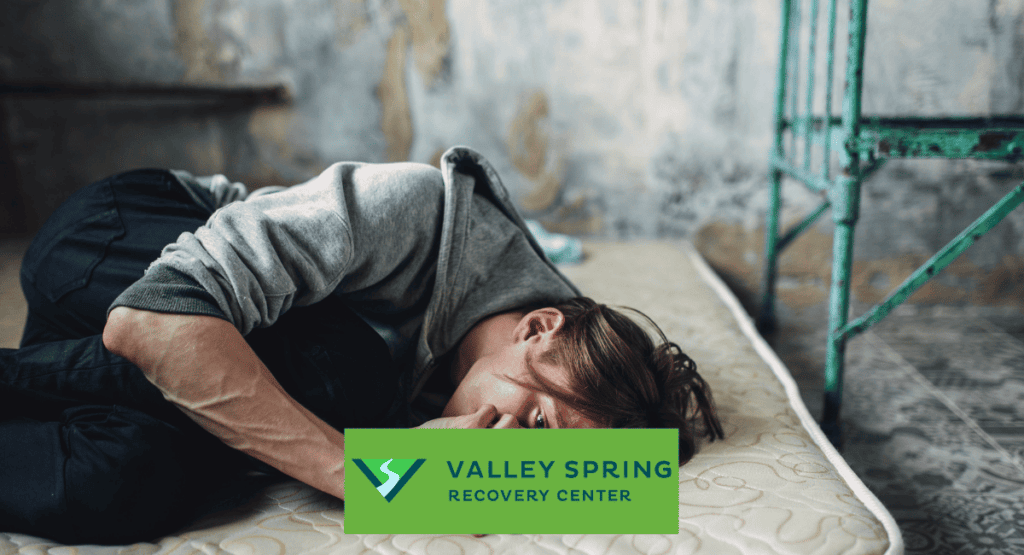
What Are The Effects of Marijuana Addiction?
Below are signs and symptoms that can aid in recognizing Marijuana addiction for early intervention and effective treatment.
Physical Effects
- Bloodshot eyes.
- Increased appetite (often referred to as “the munchies”).
- Impaired coordination and motor skills.
- Dry mouth.
- Frequent coughing, particularly for those who smoke marijuana.
- Changes in weight (weight gain is common due to increased food consumption).
- Distinctive smell on clothing and breath.
- Rapid heart rate (tachycardia).
- Dilated pupils.
- Slurred speech (in some cases).
Behavioral Effects
- Neglecting responsibilities at work, school, or home.
- Loss of interest in previously enjoyed activities.
- Spending a significant amount of time obtaining and using marijuana.
- Failed attempts to quit or cut down on marijuana use.
- Continued use despite negative consequences.
- Social withdrawal and changes in social circles.
- Engaging in risky behaviors while under the influence.
- Prioritizing marijuana use over personal and financial obligations.
- Developing tolerance, requiring larger amounts to achieve the desired effect.
- Experiencing withdrawal symptoms when not using marijuana.
Emotional Effects
- Mood swings.
- Irritability.
- Anxiety.
- Depression.
- Low self-esteem.
- Increased apathy.
- Paranoia.
- Emotional numbness.
- Difficulty experiencing pleasure without marijuana.
- Escalation of psychological distress over time.
What Are The Withdrawal Challenges?
Withdrawal from marijuana addiction, although generally less severe than withdrawal from substances like opioids or alcohol, can still pose challenges for individuals trying to quit.
The specific withdrawal symptoms and their intensity can vary from person to person, but common challenges include:
- Irritability and Mood Swings: Many individuals experience heightened irritability and mood swings during marijuana withdrawal. This can make it difficult to manage stress and maintain stable relationships.
- Insomnia: Sleep disturbances are common during marijuana withdrawal. This can lead to difficulties falling asleep or staying asleep, contributing to fatigue and irritability.
- Loss of Appetite: Marijuana often increases appetite (the “munchies”), so during withdrawal, some individuals may experience a loss of appetite, leading to weight loss and nutritional concerns.
- Anxiety: Anxiety symptoms can become more pronounced when someone stops using marijuana. This can include increased restlessness, nervousness, and tension.
- Depression: Some individuals may experience depressive symptoms during withdrawal, including feelings of sadness, hopelessness, and a lack of motivation.
- Cravings: Intense cravings for marijuana are common during withdrawal, making it challenging to resist the urge to use again.
- Physical Discomfort: While not as severe as withdrawal from certain other substances, some people may experience physical discomfort, including headaches and stomach discomfort.
- Difficulty Concentrating: Marijuana withdrawal can impair cognitive function, making it harder to focus, think clearly, and perform tasks.
- Long-Duration Symptoms: In some cases, withdrawal symptoms, particularly mood-related ones like irritability and sleep disturbances, can persist for weeks or even months after quitting.
Note that marijuana withdrawal symptoms are generally less severe than those associated with other drugs, and they often subside over time.
However, for some individuals, especially those with a long history of heavy use, these challenges can be significant.
Seeking support from healthcare professionals or addiction treatment programs can be beneficial in managing withdrawal and overcoming marijuana addiction.
Statistics on marijuana addiction offer valuable insights into the prevalence, trends, and demographic factors surrounding cannabis use disorder, providing essential data for policymakers, healthcare providers, and researchers alike.
How Do People Consume Marijuana?
To experience the effects of marijuana, it must be ingested into the blood stream which can be accomplished in 10 different ways listed below.
- Smoking: Smoking marijuana involves inhaling the smoke produced by burning dried cannabis flowers. It is one of the most traditional and immediate methods of consumption. Common tools for smoking include joints (rolled cannabis in paper), blunts (rolled cannabis in cigar paper), and pipes.
- Vaporizing: Vaporization heats cannabis to a temperature that releases cannabinoids (like THC) without burning the plant material. This method is considered less harmful than smoking because it produces fewer harmful byproducts.
- Edibles: Cannabis-infused edibles are food or drink products containing THC or CBD. These can include gummies, brownies, cookies, beverages, and more. Effects from edibles can take longer to kick in (usually 30 minutes to 2 hours) but can be longer-lasting.
- Tinctures: Tinctures are liquid extracts of cannabis, typically with high cannabinoid content. They are taken sublingually (under the tongue) for rapid absorption. Tinctures provide precise dosing control.
- Topicals: Cannabis-infused creams, balms, and lotions are designed for external use. They are used for localized relief of pain, inflammation, or skin conditions and do not produce psychoactive effects when applied topically.
- Dabbing: Dabbing involves inhaling concentrated cannabis extracts (often referred to as “dabs”) that are heated on a hot surface and inhaled through a specialized device called a dab rig. It produces a very rapid and potent high.
- Bongs and Water Pipes: These are filtration devices that cool and filter the smoke before inhalation. Bongs and water pipes can make smoking marijuana smoother and less harsh on the throat.
- Capsules and Pills: Cannabis can be consumed in the form of capsules or pills, similar to traditional pharmaceuticals. These offer a precise and controlled dosage.
- Sublingual Strips: Sublingual strips are similar to breath strips and dissolve under the tongue, allowing for discreet and controlled dosing.
- Suppositories: Rectal or vaginal suppositories are available for medical use and are absorbed through the mucous membranes, bypassing the digestive system.
How Does Marijuana Affect the Brain?
Marijuana affects the brain primarily through its interaction with the endocannabinoid system, leading to altered cognitive and emotional functions, changes in perception, impaired memory, and potential long-term impacts on brain development and mental health.
Substantial evidence from animal research and a growing number of studies in humans indicate that marijuana exposure during development can cause long-term or possibly permanent adverse changes in the brain. (NIDA) Studies in rats also show that adolescent exposure to THC is associated with an altered reward system, increasing the likelihood that an animal will self-administer other drugs (e.g., heroin). (NIDA)
What Is The Prevalence of Marijuana Addiction?
The prevalence of marijuana addiction has garnered increasing attention as changes in legalization and societal attitudes toward the drug raise questions about the potential for misuse and dependence.
- Approximately 10% of people who use marijuana may develop a dependence on it.
- Rates of marijuana addiction tend to be higher among those who start using the drug at a young age. (CDC)
- Cannabis use disorder (the clinical term for marijuana addiction) was estimated to affect around 4 million people in the United States in 2020, according to the National Survey on Drug Use and Health (NSDUH).
- Globally, the prevalence of cannabis use and dependence varies widely by region, influenced by factors such as cultural norms, drug policies, and availability.
- Prevalence of Cannabis Use Disorder (CUD): According to the National Survey on Drug Use and Health (NSDUH) data for 2020, approximately 4 million people aged 12 or older in the United States had a diagnosis of Cannabis Use Disorder (CUD) in the past year. This represents about 1.5% of the U.S. population in that age group.
- Age Groups: Rates of CUD tend to vary by age. Young adults aged 18 to 25 have a higher prevalence of CUD compared to older age groups. (NCBI)
- Treatment Admissions: The Substance Abuse and Mental Health Services Administration (SAMHSA) reported that in 2019, around 20% of all substance abuse treatment admissions in the U.S. were related to marijuana as the primary substance of abuse.
- Legalization Impact: The legalization of marijuana for medical and recreational use in certain U.S. states has led to changes in usage patterns and discussions about potential impacts on addiction rates
How Was Marijuana Popularized?
The history of marijuana dates back thousands of years and has been intertwined with various cultures and civilizations. Here’s a brief historical overview:
- Ancient Use: Marijuana’s use can be traced back to ancient civilizations. It was used for medicinal, religious, and recreational purposes in cultures such as those in China, India, and the Middle East.
- Medicinal Use: In ancient China, marijuana was used for its medicinal properties, documented as early as 2737 BCE in the writings of Emperor Shen Neng. It was believed to treat various ailments, including rheumatism and malaria.
- Religious and Cultural Significance: In India, marijuana has religious significance, particularly in the practice of Hinduism. The plant was associated with the god Shiva, and it was used in religious ceremonies.
- Introduction to the Western World: Marijuana was introduced to the Western world by explorers and travelers in the 19th century. Its medicinal use gained popularity in Europe and North America during this time.
- Prohibition: In the early 20th century, several countries, including the United States, began imposing restrictions on marijuana due to concerns about its psychoactive effects. The Marihuana Tax Act of 1937 effectively banned its use.
- Counterculture Movement: In the 1960s and 1970s, marijuana experienced a resurgence in popularity, largely driven by the counterculture movement. It became associated with anti-establishment sentiments and was used recreationally by many.
- Medical Marijuana Movement: Starting in the late 20th century, there was a growing movement to legalize marijuana for medical use. California was the first U.S. state to legalize medical marijuana in 1996, leading to a trend of legalization in many other states.
- Recent Legalization: In the 21st century, there has been a significant shift in attitudes toward marijuana. Several countries and U.S. states have legalized it for both medical and recreational use, with ongoing debates about the potential benefits and risks.
The historical background of marijuana is complex, marked by periods of acceptance, prohibition, and renewed interest. Today, it continues to be a subject of debate and evolving legislation in many parts of the world.
What’s The Difference Between Marijuana And Synthetic Marijuana?
Marijuana and synthetic Marijuana (commonly known as Spice or K2, or Delta-8) are two distinct substances with significant differences in their origin, chemical composition, effects, and safety profile. Here are the key differences between the two:
- Source:
- Marijuana: Marijuana, also known as cannabis, is a naturally occurring plant that comes from the Cannabis sativa or Cannabis indica species. It has been used for thousands of years for medicinal, recreational, and industrial purposes.
- Synthetic Marijuana: Synthetic Marijuana is a chemically engineered product created in laboratories. It contains synthetic cannabinoids that are designed to mimic the effects of natural cannabis but are produced artificially.
- Chemical Composition:
- Marijuana: Natural marijuana contains a wide range of cannabinoids, with delta-9-tetrahydrocannabinol (THC) being the primary psychoactive compound responsible for the “high” users experience. It also contains cannabidiol (CBD) and various other cannabinoids, terpenes, and compounds.
- Synthetic Marijuana: Synthetic Marijuana is comprised of entirely synthetic chemicals. The specific synthetic cannabinoids used in these products can vary widely, and manufacturers frequently change the chemical structure to avoid legal restrictions. This makes synthetic Marijuana highly unpredictable and potentially dangerous.
- Legality:
- Marijuana: The legal status of natural marijuana varies by country and region. In recent years, many places have legalized it for medical or recreational use, while others maintain strict prohibitions.
- Synthetic Marijuana: Many countries and states have banned various synthetic cannabinoids commonly found in synthetic Marijuana products due to their dangerous effects and unpredictable nature.
- Safety:
- Marijuana: When used responsibly and in moderation, marijuana is generally considered to have a lower risk of serious adverse effects compared to synthetic Marijuana. It has been studied more extensively, and its potential risks and benefits are better understood.
- Synthetic Marijuana: Synthetic Marijuana is associated with a higher risk of adverse reactions, including severe health issues, overdoses, and even fatalities. Its unpredictable chemical composition makes it particularly hazardous.
- Effects:
- Marijuana: The effects of natural marijuana are relatively well-known and include relaxation, altered perception, increased appetite, and changes in mood and cognition. These effects are primarily attributed to THC.
- Synthetic Marijuana: The effects of synthetic Marijuana can be highly unpredictable and vary from person to person. They can include extreme anxiety, paranoia, hallucinations, seizures, and psychotic episodes, among others.
Valley Spring Recovery Is Just One Phonecall Away
What Are the Therapeutic Benefits of Marijuana?
Marijuana has been studied for various therapeutic benefits, and its medical use is legal in some U.S. states and other countries. However, it’s important to note that marijuana remains a Schedule I controlled substance at the federal level in the United States. Below are some of the most commonly cited therapeutic benefits:
- Pain Management: Marijuana is frequently used for pain relief, particularly for chronic pain conditions like multiple sclerosis, fibromyalgia, and endometriosis.
- Nausea and Vomiting: The active compound THC has been approved in synthetic form to treat nausea and vomiting associated with chemotherapy in cancer patients.
- Appetite Stimulation: Marijuana is known to increase appetite, which can be beneficial for conditions like cancer and HIV/AIDS, where weight loss and malnutrition are concerns.
- Epilepsy Treatment: CBD, another active compound in marijuana, has been shown to reduce the frequency of seizures in certain types of epilepsy, such as Dravet syndrome and Lennox-Gastaut syndrome.
- Mental Health Support: Some studies suggest that marijuana may alleviate symptoms of mental health conditions like anxiety, depression, and PTSD, although the evidence is not conclusive.
- Glaucoma: Marijuana can reduce intraocular pressure, providing temporary relief for glaucoma patients, although it is not typically the first line of treatment.
- Anti-Inflammatory: Some research suggests that marijuana has anti-inflammatory properties, which could be beneficial for conditions like Crohn’s disease and rheumatoid arthritis.
- Neuroprotection: Preliminary studies indicate that marijuana may have neuroprotective effects, potentially benefiting patients with neurodegenerative diseases like Parkinson’s and Alzheimer’s.
- Sleep Aid: Marijuana has been used to treat insomnia and other sleep disorders, although the long-term effects on sleep quality are not well understood.
- Muscle Relaxant: Marijuana has been used to treat muscle spasticity associated with conditions like multiple sclerosis and spinal cord injuries.
| Use | Description |
|---|---|
| Pain Management | Used for pain relief in chronic conditions like multiple sclerosis, fibromyalgia, and endometriosis. |
| Nausea and Vomiting | THC, in synthetic form, is approved to treat chemotherapy-associated nausea and vomiting in cancer patients. |
| Appetite Stimulation | Increases appetite, beneficial for conditions like cancer and HIV/AIDS where weight loss and malnutrition are concerns. |
| Epilepsy Treatment | CBD has been shown to reduce seizure frequency in certain types of epilepsy, like Dravet syndrome and Lennox-Gastaut syndrome. |
| Mental Health Support | May alleviate symptoms of anxiety, depression, and PTSD, though evidence is not conclusive. |
| Glaucoma | Reduces intraocular pressure, offering temporary relief for glaucoma patients, but not usually the first line of treatment. |
| Anti-Inflammatory | Research suggests anti-inflammatory properties, potentially aiding conditions like Crohn’s disease and rheumatoid arthritis. |
| Neuroprotection | Preliminary studies indicate potential neuroprotective effects, which could benefit neurodegenerative disease patients like those with Parkinson’s and Alzheimer’s. |
| Sleep Aid | Used to treat insomnia and other sleep disorders, though long-term effects on sleep quality are not well understood. |
| Muscle Relaxant | Treats muscle spasticity associated with conditions like multiple sclerosis and spinal cord injuries. |

What Treatment Options Are Available For Marijuana Addiction?
To stop using marijuana, if it is causing a negative impact and attempts to quit without support have been unsuccessful, then treatment is necessary. Different treatment options for marijuana addiction focus on providing individuals with the necessary support and strategies to overcome problematic use and its associated challenges.
To determine the intensity of treatment necessary to overcome marijuana use disorder, an assessment is necessary. This includes a thorough assessment of the individual’s addiction history, physical and mental health, and personal circumstances to develop a tailored treatment plan that addresses specific needs, the severity of the substance use disorder, and any co-occurring mental health issues.
The different types of treatment that are effective in curbing marijuana and cannabis use are listed below:
- Detoxification (if needed): Medical supervision and support to manage withdrawal symptoms if the individual has a co-occurring substance use disorder requiring detox. Marijuana does not have severe physical withdrawal symptoms making detoxification unnecessary unless the user is a polysubstance user and frequently mixes marijuana with other drugs.
- Inpatient treatment for marijuana addiction, also known as residential treatment, involves individuals residing at a specialized facility for an extended period to receive intensive therapy, support, and structure to address their addiction. 24/7 residential care in a controlled and drug-free environment to minimize access to marijuana and other substances.
- Outpatient treatment for substance use disorders typically involves a range of services and components, and its success rates can vary depending on several factors. Here are the key treatment steps that can be utilized based on individual circumstances and diagnostics.
- Individual Therapy: One-on-one counseling sessions with a therapist or counselor to address underlying issues and develop coping strategies.
- group therapy: Participation in group therapy sessions to learn from peers, share experiences, and build a supportive community.
- Family Therapy: Involving family members in therapy to improve communication, address family dynamics, and provide a support system.
- Psychoeducation: Education about addiction, relapse prevention, and strategies for maintaining long-term recovery.
- Cognitive-behavioral therapy (CBT): A common therapeutic approach used to modify thought patterns and behaviors associated with addiction.
- Recreational Activities: Engaging in recreational and fitness activities to promote physical and emotional well-being.
- Mental Health Services: Treatment for co-occurring mental health conditions like anxiety or depression, which may contribute to addiction.
- Life Skills Training: Learning practical skills for managing daily life, such as stress management, time management, and problem-solving.
- Aftercare Planning: Develop a personalized aftercare plan that may include outpatient therapy, support groups, and ongoing relapse prevention strategies.
- Individual Counseling: Regular one-on-one counseling or therapy sessions with a trained therapist or counselor to address the underlying causes of addiction, develop coping strategies, and set goals for recovery.
- Group Therapy: Participating in group therapy sessions with others who are facing similar challenges, providing mutual support, sharing experiences, and learning from one another.
- Education: Learning about addiction, its effects, and strategies for managing triggers and cravings. Educational sessions may also cover relapse prevention techniques.
- Family Involvement: In some cases, family therapy or education may be offered to improve family dynamics and support systems.
- Medication-Assisted Treatment (MAT): For certain substance use disorders, medications may be prescribed to help manage cravings and withdrawal symptoms.
- Support Groups: Encouraging attendance at 12-step meetings or other recovery support groups that provide ongoing support and a sense of community.
- Regular Monitoring: Periodic drug testing or other forms of monitoring to ensure compliance with treatment and abstinence from substances.
What Is The Importance of Support Systems For Marijuana Addiction?
The importance of support systems when dealing with addiction cannot be overstated. These networks of family, friends, and professionals provide crucial emotional, practical, and therapeutic assistance.
They offer understanding, encouragement, and a sense of belonging, which can be vital during the challenging journey of recovery from addiction.
Support systems help individuals navigate triggers, maintain motivation, and build resilience, ultimately increasing the chances of successful long-term recovery.
The presence of a strong support system can make a profound difference in an individual’s ability to overcome addiction and lead a healthier, more fulfilling life.n going through Marijuana addiction
Why Do People Use Slang Names for Marijuana?
Slang names for marijuana often arise from the need for discretion, especially in jurisdictions where the substance is illegal. Slang names like “Mary Jane” can also reflect cultural or social attitudes toward marijuana use.
Where to get help for marijuana addiction
While many people use marijuana without issue, some individuals may develop addiction or experience negative consequences. It’s crucial to recognize that addiction is a health issue that requires compassion, understanding, and appropriate addiction treatment.
Seeking professional help and support systems is essential for those struggling with marijuana addiction. Additionally, education and prevention efforts play a vital role in reducing the overall impact of cannabis use disorder.
Ultimately, addressing marijuana addiction, like any substance use disorder, should be guided by evidence-based approaches, a commitment to well-being, and a recognition of individual differences and needs. Help is available in Northern New Jersey at Valley Spring Recovery Center, if you are struggling to stop using weed on your own, the Valley Spring Recovery Center outpatient programs might be a perfect fit for you or a loved one.
Where can marijuana be purchased legally for recreational purposes without a medical condition?
In the United States, the legality of purchasing marijuana for recreational purposes varies by state. For example, New Jersey allows individuals 21 years and older to buy marijuana legally from state-licensed dispensaries, following its recent legalization for recreational use. This move illustrates a broader trend where states are shifting policies to regulate and permit the sale of cannabis, subject to state-specific regulations regarding purchase limits, licensing of dispensaries, and consumption areas. New Jersey has adopted more liberal marijuana policies, it’s crucial to recognize that federal law still classifies marijuana as an illegal substance, and regulations can differ significantly from one state to another.
Sources
https://www.cdc.gov/marijuana/health-effects/addiction.html#:~:text=Another%20study%20estimated%20that%20people,10%25%20likelihood%20of%20becoming%20addicted.&text=The%20risk%20of%20developing%20marijuana,who%20use%20marijuana%20more%20frequently.
https://www.samhsa.gov/
https://en.m.wikipedia.org/wiki/Main_Page
NIDA. “What are marijuana’s long-term effects on the brain?.” National Institute on Drug Abuse, 17 Apr. 2023, https://nida.nih.gov/publications/research-reports/marijuana/what-are-marijuanas-long-term-effects-brain Accessed 17 Sep. 2023.
Dr. Michael Olla
All author postsShare This Post

